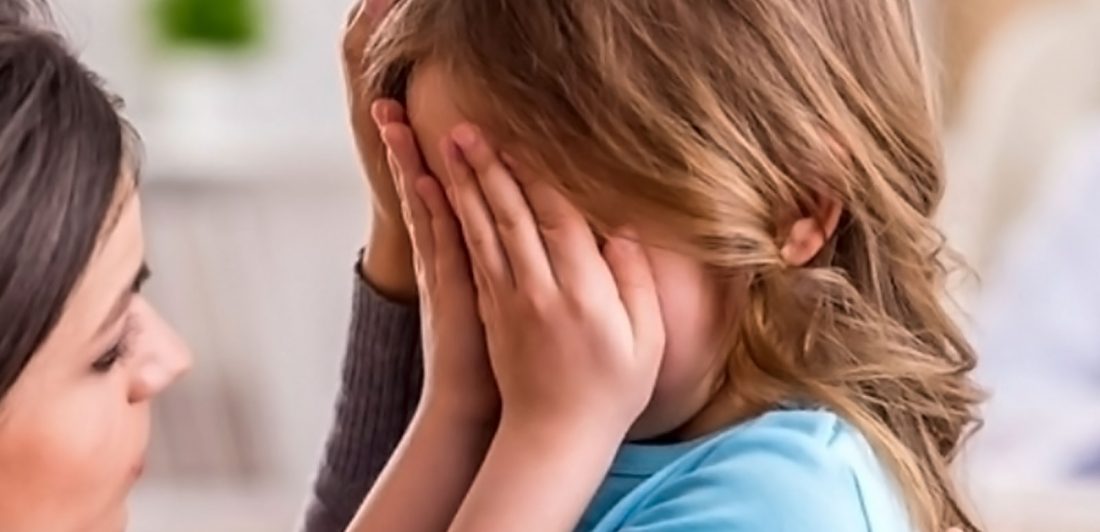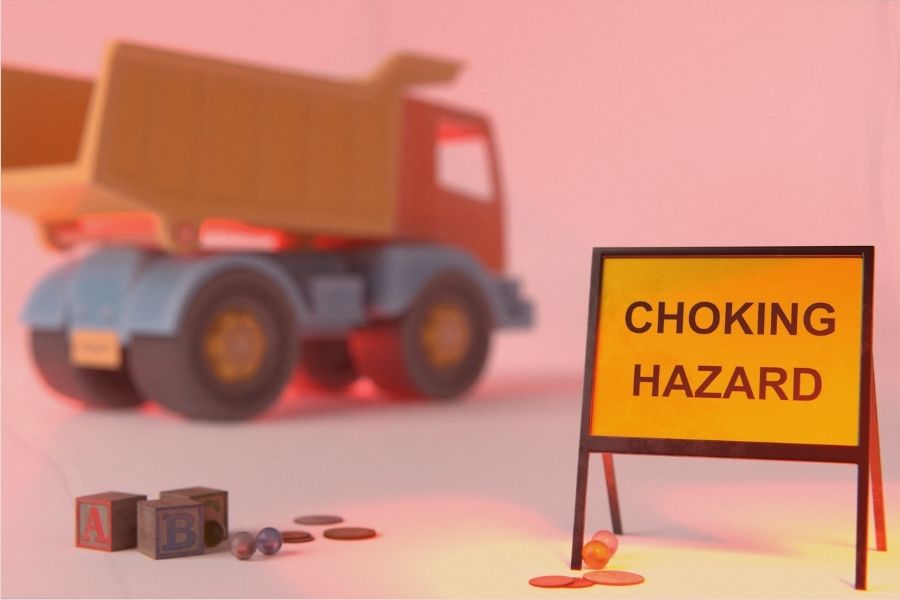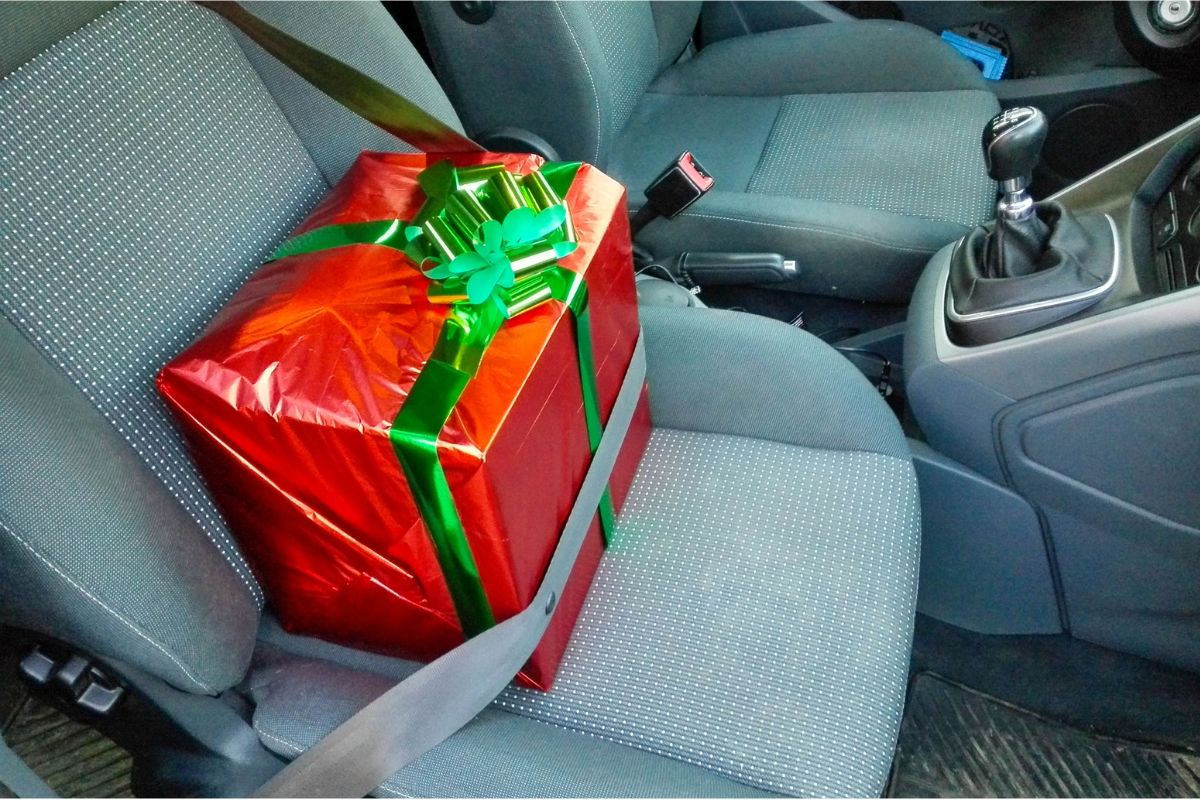Child sexual abuse is a form of child abuse that involves sexual activity with a minor and is harmful to the child’s mental, emotional or physical welfare. A child cannot consent to any form of sexual activity. When a person engages with a child this way, they are committing a crime and the victim may experience lifelong, lasting effects. According to Rape, Abuse and Incest National Network (RAINN), a child is sexually assaulted every eight minutes in the U.S.
If your child says he or she was touched inappropriately, it’s important you take action immediately. Don’t leave your child alone with anyone other than yourself. You could also consider removing your child from any extra-curricular activities that may put your child in the path of the person who allegedly committed the abuse until an investigation is complete.
Who is the abuser?
We don’t like to believe that someone close to us or a family member could be capable of harming our children, but in fact, the majority of perpetrators are someone the child or family knows. According to RAINN, 93 percent of victims under the age of 18 know the abuser and 34 percent of the perpetrators are family members. Often times, the abuser already has a relationship and has developed trust with the child and their parents.
Child sexual abuse warning signs
Many times abusers use their position of power over the victim to intimidate. The abuser may threaten the child in order to keep them quiet or if the child refuses to participate. Listed below are warning signs a child may show if they have been sexually abused:
Behavioral signs:
- Changes in hygiene (refusing to bathe or bathing excessively)
- Exhibits signs of depression
- Has trouble in school
- Inappropriate sexual knowledge or behaviors
- Nightmares or bed-wetting
- Overly protective of siblings
- Returns to regressive behaviors such as thumb sucking or need of security items
- Seems threatened by physical contact
Physical signs:
- Bleeding, bruises or swelling in the genital area
- Bloody, torn, or stained underclothes
- Difficulty walking or sitting
- Frequent urinary or yeast infections
- Pain, itching or burning in the genital area
How sexual abuse affects children
A child’s mental health is affected greatly by experiencing sexual abuse. Sexual abuse victims are more likely to experience mental health challenges including depression and developed phobias. For example, victims are about four times more likely to develop symptoms of drug abuse, about four times more likely to experience PTSD as adults and about three times more likely to experience a major depressive episode as an adult.
Effects of child sexual abuse for adults
Adult sexual abuse survivors live with haunting memories for a long time and they may encounter feelings such as guilt, shame, and blame. They may feel guilty that were not able to stop the abuse or that they didn’t tell an adult what was happening. They may feel shame of what was done to them and feel they are to blame because they believe something they did made the abuser choose them as their victim.
Adults may struggle with intimacy and relationships, especially if their first sexual experience came as a result of sexual abuse. It is normal that they experience painful flashbacks while engaging in intimacy even if it is consensual. Setting boundaries that ensure safety in relationships may also be difficult for victims of sexual abuse.
Another area that a sexual assault victim may struggle with is self-esteem. Having one’s personal safety violated and possibly ignored if they attempt to tell someone can result in low self-esteem. A victim’s relationships, health, and everyday encounters may be affected by the way they feel about themselves.
Protecting our children from sexual abuse
Although we cannot be with our children 24 hours a day and seven days a week, it is comforting to know we have done everything to reduce the risk of them being harmed.
It is important to be involved in your child’s life. Show interest in their day-to-day lives by asking various questions surrounding what they did during the day and who they spent their time with. Talk to them on a regular basis about the games they played while at the playground or the activities they did at daycare. Make it common to ask and talk openly about your child’s friends and their families, teachers and coaches so that your child will feel comfortable talking about the people they encounter.
Encourage your child to speak up. It is helpful to teach children their body parts at an early age to give them the ability to communicate when something is wrong. It is never too early to teach them it is not ok for anyone to touch them or make them feel uncomfortable. It is important your child understands their body is their own and it is just as important they understand they do not have the right to touch anyone who does not want to be touched either.
Talk to your child about secrets. Communicate to them and make sure they understand you are an exception when someone tells them they cannot share a secret with anyone.
What you should do if you suspect your child is being sexually abused
If you suspect your child is being sexually abused, talk to and listen to your child. You will want to create a non-threatening environment where the child will have an easier time opening up to you. Below are a few tips:
Watch your tone. Your child may get worried or scared if you start the conversation in such a serious tone. This would push the child to give you answers that they think you want to hear, instead of the truth. Make the conversation more casual to help put your child at ease and provide you with information.
Listen. Allow your child to talk and follow up with anything that made you feel concerned.
Reassure the child. Make it clear to your child that they have not done anything wrong and they are not in trouble.
Recovering from child sexual abuse
Sexual assault may be one of the hardest, if not the hardest experience to recover from, especially for a child. Recovery is a unique process that looks different for everyone. There is no timeframe for healing as it can take weeks, months, years or even a lifetime for some victims. There are resources such as therapy to help deal with challenges victims are facing.
How The Carlson Law Firm can help
If you or a loved one is a victim of sexual abuse, you do not have to go through it alone. Here at The Carlson Law Firm, we have a compassionate team of attorneys who are passionate about seeking justice for sexual abuse victims. Take back control and contact us today for a free, confidential consultation. We care, we can help.
Hablamos español.




